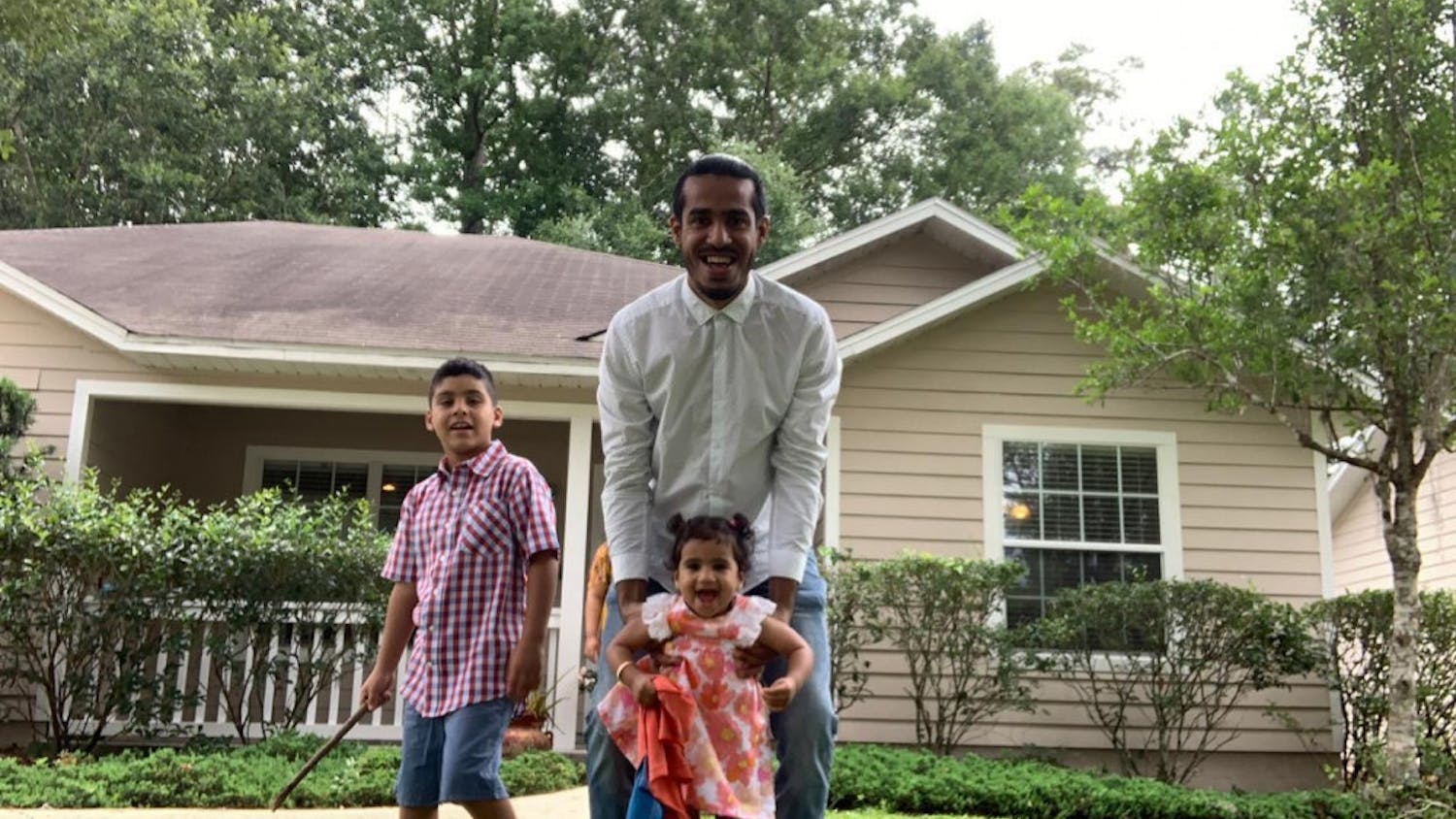Fasting and feasting can be beneficial
A new study has found a feast-and-famine diet can extend people’s lives.
For the study, participants alternated between fasting by eating a quarter of the calories they would normally consume during one sitting in the afternoon, said Martin Wegman, a co-author for the study. The next day, they would eat 175 percent of their normal calories.
This diet gave participants the benefits of fasting without putting the body under the amount of stress it would undergo without food for long periods of time, he said.
With all participants doing a fast-and-famine diet, they were then divided into two groups, Wegman said. One group didn’t receive antioxidants, including vitamins C and E. The other did.
Wegman said all participants had a hard time feasting and consuming the necessary amount of food in one day.
After three weeks, Wegman said he reversed the groups receiving vitamins. He found marginal increases in the health of participants, and a decrease in their base levels of insulin decreased.
Wegman said the study was a pilot to see the benefits of antioxidants.
“It can contribute to understanding why antioxidants may not be as beneficial as we thought,” Wegman said.
- John Avery Guyton
Eating almonds could improve health
A study has proved eating a few almonds a day can improve one’s diet.
UF’s Institute of Food and Agricultural Sciences’ Food Science and Human Nutrition Department conducted the study to see if almonds improved diet quality, said Bobbi Langkamp-Henken, the lead researcher. This was measured using the healthy eating index, which measures of diet quality based on foods consumed.
Children ages three to six participated along with their parents, she said. Parents ate 1.5 ounces of almonds, and children ate half an ounce every day for three weeks.
“We gave the parents and the child — and actually the whole family — almonds and told them (to) incorporate them into their diet,” Langkamp-Henken said.
Throughout the study, almonds were used as a replacement for salty foods, she said.
“People don’t get enough vitamin E,” Langkamp-Henken said. “Almonds are a good source of vitamin E.”
Henken said she was surprised the children had no problem eating almonds or almond butter. She didn’t expect all of them to follow the guidelines for the length of the study.
“This is pretty exciting, because it means that we may be able to incorporate other healthy foods into a child’s diet to make further improvements in overall diet quality,” Langkamp-Henken said.
- Caroline Garcia
Study reveals workers mislabel dogs
A UF professor has found that shelter workers wrongly label dogs as pit bulls.
In a study, 16 shelter workers were asked to identify dog breeds based on appearance, said Julie Levy, the researcher on the study and a UF professor in the College of Veterinary Medicine. DNA from each dog was analyzed to test accuracy.
Shelter workers thought one in five dogs weren’t pit bulls when they actually were, she said. At least one staff member labeled one in three dogs as pit bulls when they weren’t. The study was conducted using 120 dogs in four shelters, she said.
“People looking at dogs and calling them pit bulls is not really accurate,” she said.
Mislabeling a dog as a pit bull, which is not a breed, can affect adoptions, she said. The dogs actually come from the American Staffordshire terrier or the Staffordshire bull terrier.
But mislabeling the dogs could affect owners’ ability to find housing or get insurance, she said.
She said because shelter workers may not be able to correctly guess a dog’s breed, it would be more accurate to provide a description of the dog instead.
“It would be better to describe a dog based on size, color and behavior, because that is what people are looking for,” she said.
- Lauren Rowland





